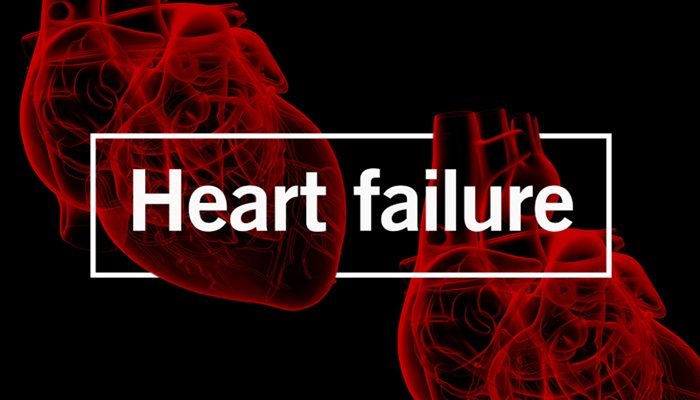A recent study has revealed that an existing immunotherapy could significantly reduce the formation of scar tissue following heart attacks, a condition that often leads to heart failure. While scarring can be slowed, it typically cannot be halted, resulting in serious complications for heart health.
When the heart is injured, such as during a heart attack, the damaged tissue often forms scar tissue. This scarring helps maintain the heart’s structure temporarily but creates a problem: scar tissue does not contract like healthy heart muscle.
Over time, this disruption can lead to heart failure, which is often fatal without drastic interventions like transplants. Kory Lavine, the senior author of the study, emphasized that while current treatments can alleviate symptoms and slow disease progression, there is an urgent need for therapies that can prevent new scar tissue formation and preserve heart function.
He expressed hope that this study will pave the way for clinical trials using this immunotherapy approach in patients with heart failure.
Fibroblasts are specialized cells responsible for generating connective tissue. In the heart, various types of fibroblasts exist; some can regenerate beating muscle tissue while others contribute to harmful scar tissue. Distinguishing between these cell types has been challenging. However, researchers utilized advanced single-cell sequencing technologies to identify these populations effectively.
The research team examined gene expression in 45 donated human hearts—some healthy, some previously damaged by heart attacks, and others suffering from chronic heart failure. They discovered that a specific group of fibroblasts known as FAP+ fibroblasts plays a significant role in forming scar tissue rather than healthy muscle.
The team then investigated how to inhibit these harmful cells. They identified IL-1 beta, a signaling molecule crucial for scar tissue formation in the heart. By testing a monoclonal antibody that blocks IL-1 beta, they found that treated mice exhibited fewer FAP+ fibroblasts, reduced scarring, and improved cardiac function.
Notably, two FDA-approved monoclonal antibodies already used for inflammatory disorders can block IL-1 signaling. One of these antibodies was previously evaluated for treating atherosclerosis and may provide additional evidence supporting its potential to reduce heart scarring.
Lavine noted that although this trial was not specifically designed to assess treatment effects on heart failure, data suggested that the monoclonal antibody might benefit patients with this condition.
Secondary analyses indicated a significant reduction in hospital admissions for heart failure among those receiving the treatment compared to standard care.
This research indicates that immunotherapy could soon be a clinical option to break the link between heart attacks and subsequent heart failure. However, further studies are necessary to address potential side effects, including an increased risk of infections associated with this treatment approach.
Related topics:
- AMPEL BioSolutions Develops Blood Test for Cardiovascular Disease Risk
- San Francisco And Australian Researchers Target Childhood Heart Disease with Stem Cells And AI
- SynCardia Secures Patent for Total Artificial Heart Technology

